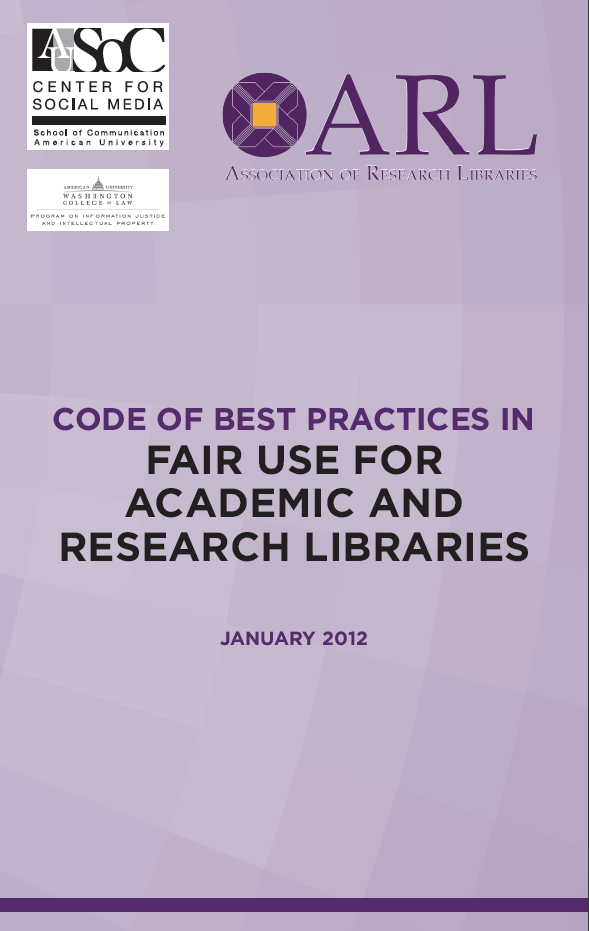 Can a library put a professor’s reading list of book chapters and other excerpts from academic monographs on e-reserve for students in the class, without permission from the copyright holder?
Can a library put a professor’s reading list of book chapters and other excerpts from academic monographs on e-reserve for students in the class, without permission from the copyright holder?
That’s been in dispute since 2008, when publishers sued Georgia State University for doing just that. A District Court judge ruled that almost all of the scores of uses were fair, but also set an arbitrary standard of 10% for allowable quoting from academic monographs.
And the publishers appealed. Now an appeals court has reviewed the ruling, and sent it back for corrections.
Copyright for the Public.
The court started out with the obvious but sometimes forgotten point that copyright law exists to incentivize the creation of culture, and that fair use is critically important to that goal. The decision sang the praises of fair use in fulfilling the purpose of copyright law, “to promote the creation of new works for the public good.” The decision notes, “Some unpaid use of copyrighted materials must be allowed in order to prevent copyright from functioning as a straightjacket that stifles the very creative activity it seeks to foster.”
The appeals court ruled that actually academic excerpting of academic books for class isn’t “transformative” (employing a work in a different way to generate new culture), but it’s plenty educational and that’s enough to address the first of the fair use doctrine’s legendary “four factors.”
It also said that the lower court can’t set arbitrary standards, because fair use is a contextual, case-by-case decision. So goodbye to the silly 10% rule.
The decision also reaffirmed earlier decisions in saying that just because someone doesn’t get a license doesn’t mean that they have suffered “substantial harm” in the market (the fourth factor). If that were enough to invalidate fair use, the court noted, then fair use couldn’t exist since it always involves not paying a license. “The goal of copyright is to stimulate the creation of new works, not to furnish copyright holders with control over all markets. Accordingly, the ability to license does not demand a finding against fair use.” And the rights holder can’t complain about losing a “customary price” for a fair use since there is no “customary price” if it’s a legitimate fair use.
So now we wait to find out how the district court will issue a new decision.
Media makers take note.
Why should media makers care about librarians and fair use? Fair use cases are actually few and far between, and how judges treat the concept is of great interest to anyone who needs to employ fair use actively, as journalists, filmmakers, writers and teachers do. So it matters that these judges went out of their way to point up the value of fair use, and to (again) debunk the circular argument that because a copyright holder loses a license doesn’t invalidate fair use.
